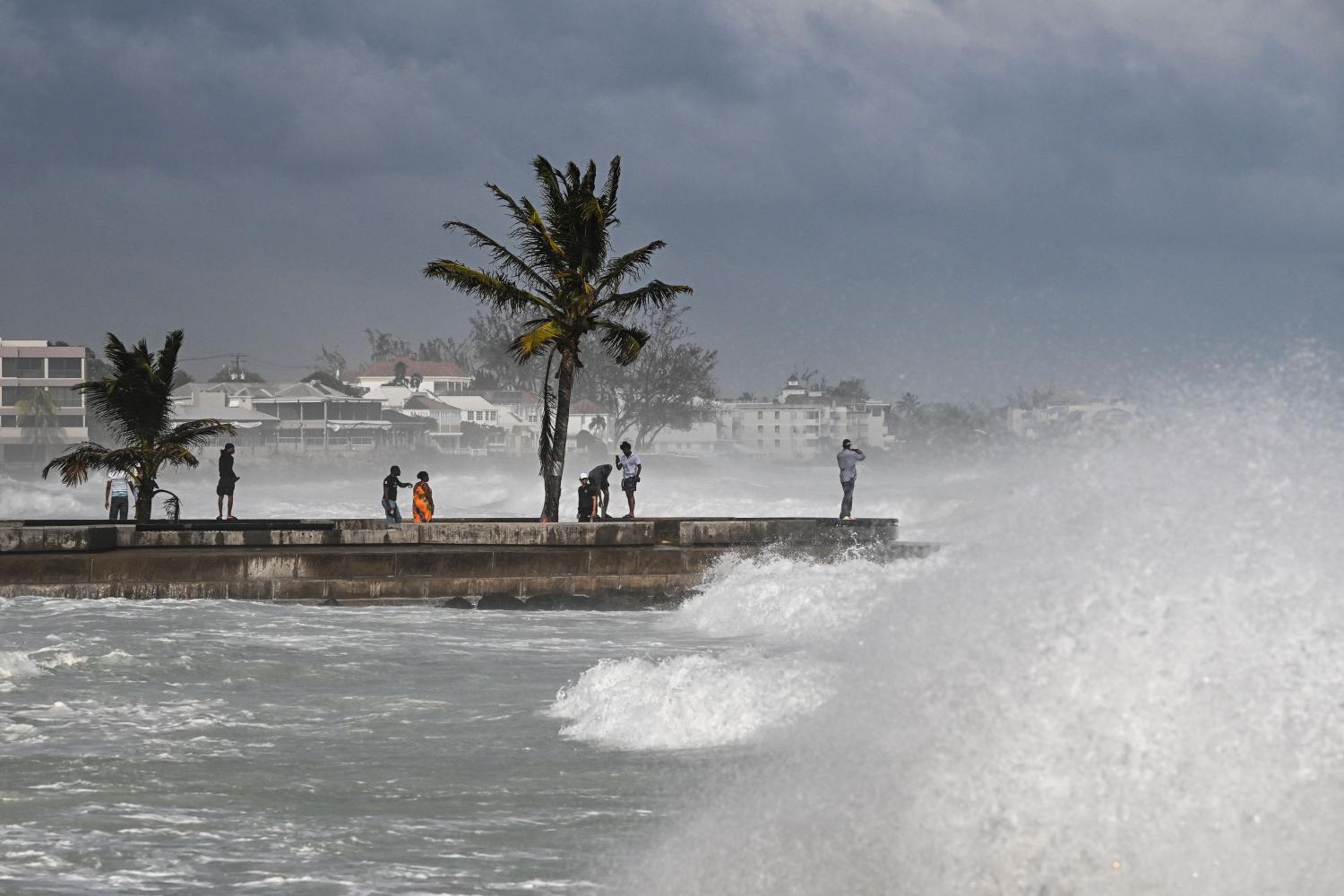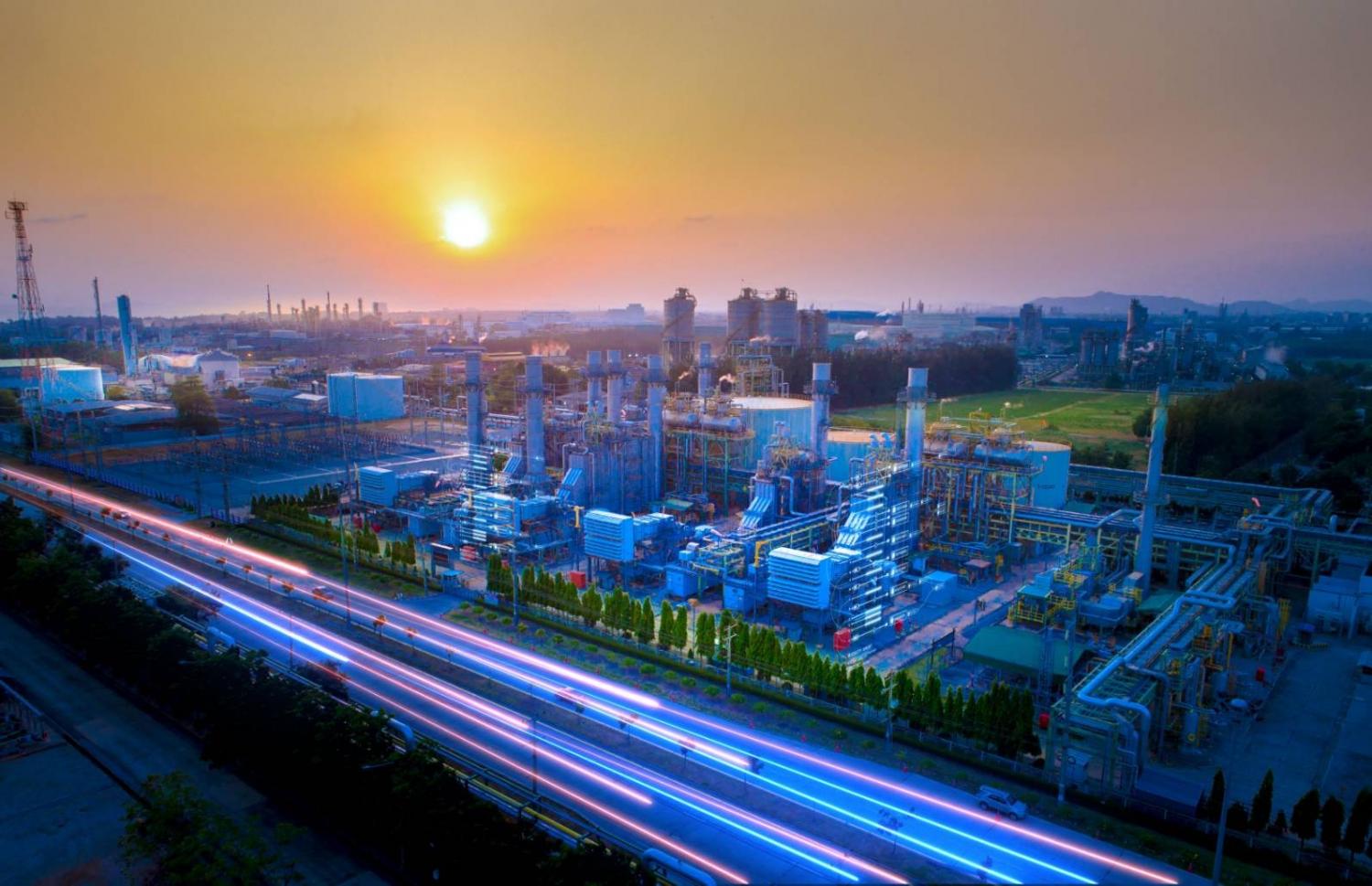
Gas and coal reduction targets in the revised version of the power development plan (PDP) may be insufficient for the government to achieve carbon neutrality by 2050, say energy firms.
The firms aired their views on the PDP, which aims to promote greater use of renewable energy to help the government cut carbon dioxide emissions, during the second day of public hearings on the plan.
Opinions from businesses and individuals are being gathered until June 19.
In the new PDP, slated to be enforced from 2024 to 2037, the proportion of coal and gas fuels used for power generation stands at 48%, which is still high and may not be enough to boost efforts to reduce carbon dioxide emissions, said energy companies.
Thailand announced in 2021 at the UN Climate Change Conference in Glasgow that it would take serious action to attain the carbon neutrality goal, striking a balance between carbon dioxide emissions and absorption.
According to the PDP, 41% of Thai energy needs to come from gas by 2037, a decline from 57% in 2023, and 7% must be derived from from coal, a significant drop from 20% last year. Renewable energy is set to increase to 51%, up from 20% last year, with the remaining 1% coming from nuclear energy and new energy solutions to reduce fossil fuel usage and save electricity.
The Federation of Thai Industries (FTI) wants authorities to promote more electricity generation from solar energy, biomass and biogas.
The development cost of a solar power generation facility with an energy storage system is falling and its power tariff is currently 2.8 baht per kilowatt-hour, which is lower than the rate based on electricity produced by gas-fired power plants, said Natee Sithiprasasana, chairman of the FTI's Renewable Energy Industry Club.
Authorities should also promote biomass and biogas to support efforts to reduce greenhouse gases because raw materials and equipment to make these two fuels are available in Thailand.
Sarat Prakobchart, deputy director-general of the Energy Policy and Planning Office, said the government is trying to make a large cut in the fossil fuel proportion but it still needs to depend on this type of conventional energy to ensure a stable supply of electricity.
Authorities also need to think of the costs of using all types of energy to control the power tariff.
Mr Sarat said a plan to use a small modular nuclear reactor as an alternative source of clean energy should be studied this year, with its location likely to be in the Northeast or the South.


